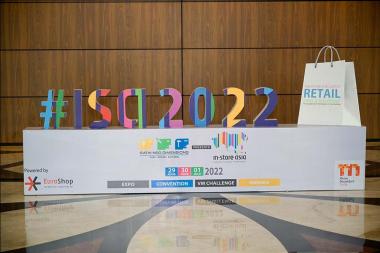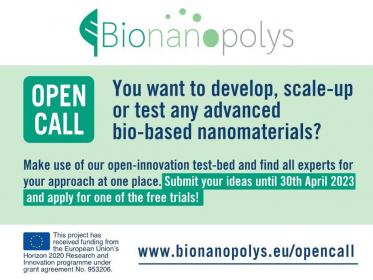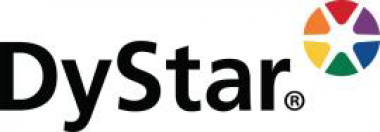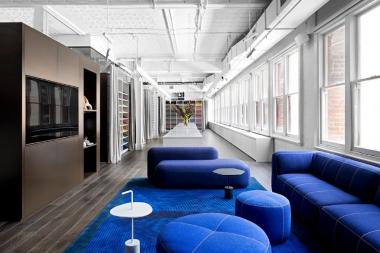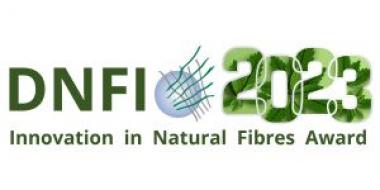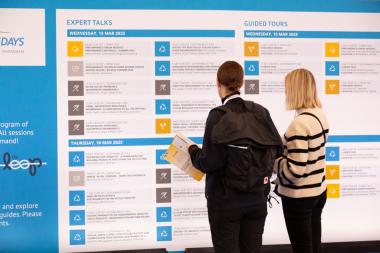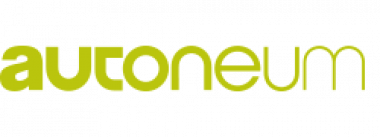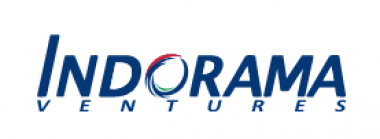Fong’s Europe: THEN Airflow developments at ITMA 2023
At ITMA 2023 in Milan from June 8-14, Fong’s Europe will introduce its latest THEN Synergy Airflow and THEN Airjetwin machines, which exploit the principle to provide high-quality, efficient and eco-friendly dyeing processes for a variety of fabrics.
“THEN introduced its first machines with Airflow technology in 1980 and since then we have had wide experience of pretreating and dyeing with Airflow transport systems on all kind of fabrics,” says Fong’s Europe Director of Sales and Marketing Richard Fander. “Our team of engineers has collected data on dyeing processes, results and consumption figures for years and constantly makes use of this accumulated know-how to optimise the processes of our customers.
“The THEN team understands Airflow dyeing processes and technology based on it guarantees the lowest liquor ratio on round shape machines. The transport of fabric by air reduces the liquor ratio compared to every kind of hydraulically driven transport system.”
He adds that while not every fabric can be dyed and treated on Airflow machines with the same handle and appearance as on hydraulic round shape or long shape machines, where it is applicable, it can lead to significant savings of up to 35% in water, 50% in salt, 20% in dyestuffs and 30% in process time.
The THEN Airflow dyeing machines have several features, including several parallel functions for reducing process time. The VPR system shortens the rinsing time and water usage and the robust and homogeneous spraying device in the nozzle ensures a uniform dyeing in the shortest process time. The very short liquor ratio also reduces the use of salt and chemicals.
Fong’s Europe / AWOL Media








